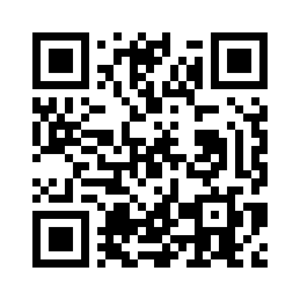Sports Betting Addiction: Warning Signs and Help Available in North Carolina
Sports betting has become increasingly popular across the United States, with more and more states legalizing it. North Carolina is set to join the list of states where sports betting is legal, starting on March 11. While this may bring excitement for some, it also raises concerns about the potential for gambling addiction.
Experts have noted a significant increase in young men between the ages of 25-35 seeking help for gambling addiction in states where sports betting is legal. In Ohio, the state saw addiction helpline call volumes triple after sports betting became legal. This trend highlights the importance of being aware of the risks associated with sports betting and knowing where to turn for help if needed.
According to surveys, roughly 20% of Americans have bet money on sports in the last year. A majority of sports gamblers bet on sports at least once a week, with one in five betting daily. Many people find betting on sports to be enjoyable and a way to enhance their viewing experience. However, for some individuals, sports betting can turn into a harmful addiction.
Gambling addiction is considered an impulse-control disorder that can have negative consequences for both the individual and their loved ones. Sports betting may start as entertainment or a way to earn quick money, but it can quickly spiral out of control for those prone to addictive behaviors. Common myths about sports betting, such as believing it’s an easy way to make money or that you can beat the odds, can contribute to the development of a gambling addiction.
Recognizing the signs of sports betting addiction is crucial in addressing the issue. Warning signs may include secretive behavior, neglecting responsibilities, mood swings, guilt or shame about gambling, borrowing money to gamble, and escalating amounts of money being wagered. If you or someone you know is showing these signs, it’s important to seek help.
In North Carolina, there are resources available for those struggling with sports betting addiction. The North Carolina Problem Gambling Helpline and the Substance Abuse and Mental Health Service Administration National Helpline are just a call away for support. Additionally, there are gambling addiction treatment centers in the state that can provide the necessary assistance.
As sports betting becomes more accessible, it’s essential to be aware of the risks and take proactive steps to prevent gambling addiction. Knowing the signs, seeking help when needed, and engaging in responsible gambling practices are crucial in ensuring a safe and enjoyable sports betting experience.

